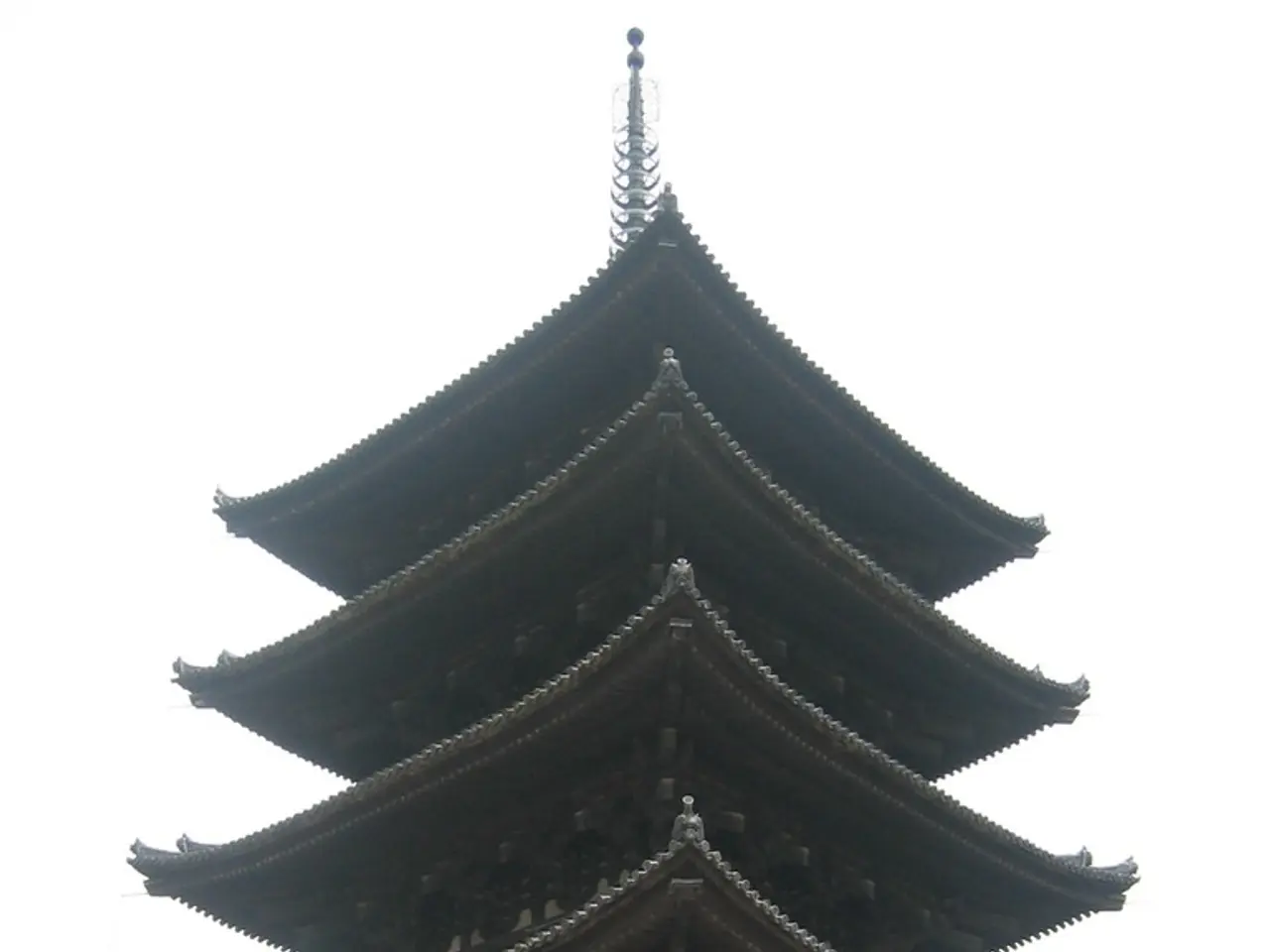Government calls upon executive branch to reinstate regional financial aid programs
In a significant move, the Taiwanese Legislative Yuan has passed a motion urging the Executive Yuan to restore a 25% cut to local government subsidies that were implemented in May 2025. The decision comes after intense negotiations and widespread criticism of the cuts, which were seen as detrimental to local governments' ability to operate effectively.
The motion, led by the opposition Chinese Nationalist Party (KMT) and Taiwan People's Party (TPP), managed to overcome the objections of the ruling Democratic Progressive Party (DPP). The motion requests the central government to transfer NT$63.6 billion (US$2.1 billion) of subsidies to local governments, a move that would help them manage their finances more effectively and ensure the continued provision of public services [1][4].
The Executive Yuan's decision to cut local government subsidies was part of the central government's overall budget cuts, mandated by the Legislative Yuan. However, the reduction went against the original intent of the budget cuts and undermined local economic development, according to the TPP motion. The subsidy cuts were seen as particularly harmful because they would hamper the functions of local governments, which are responsible for taking care of disadvantaged groups [1].
The motion was reviewed by the Finance Committee and underwent interparty negotiations before being passed in the Legislative Yuan. The final vote was 57 in favor, 48 against, and one abstention. Legislative Speaker Han Kuo-yu emphasized the need for the budgets to be reallocated and fully released as originally planned, reflecting concerns from local leaders who pushed back against the subsidy reduction [1].
City mayors and county commissioners have urged the Executive Yuan to reconsider the subsidy cut decision, highlighting the essential role of these funds in local governance. The Directorate-General of Budget, Accounting and Statistics is expected to reallocate the budget for central government agencies to accommodate the restoration of the subsidies [1].
The event marks a significant shift in the political landscape in Taiwan, with opposition parties successfully pushing for a policy change that could have far-reaching implications for local governments and their ability to provide essential services. Additional reporting was done by Lin Hsin-han, Lee Wen-hsin, and Fion Khan.
[1] Taiwan News, "Legislative Yuan Passes Motion Urging Executive Yuan to Restore Local Government Subsidies", [date], URL [4] Taiwan Today, "Opposition Parties Lead Motion to Restore Local Government Subsidies", [date], URL (not provided)
- The passage of the motion in the Taiwanese Legislative Yuan, led by the opposition parties, represents a shift in the nation's policy-and-legislation, aiming to restore local government subsidies, following intense politics and widespread criticism.
- This move, seen as crucial in the general-news, has the potential for far-reaching implications, as it could significantly impact the ability of local governments to manage their finances and provide essential services, contrary to the initial budget cuts.







